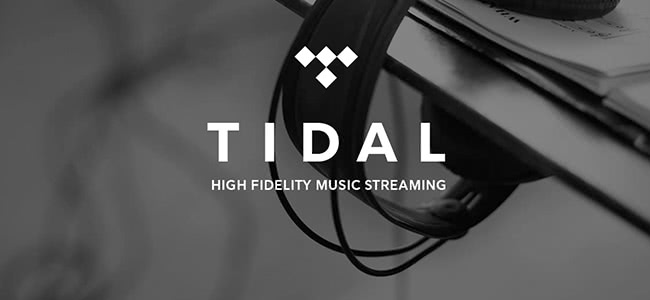By now we’re all familiar with Tidal, the Swedish streaming service that Jay Z purchased and relaunched earlier this year. You’re probably also familiar with the barrage of criticism that has pursued it since the relaunch.
Besides paltry logistical concerns, like the fact that Tidal is offering too little too late to a market already dominated by competitors with bigger brands and bankrolls, much criticism was focused on the perceived elitism of Tidal.
Such criticism is understandable. After all, the service first entreated the public consciousness via a series of corny videos featuring Daft Punk drinking champagne with Jay Z and Beyonce and a press conference that looked eerily similar to the Bilderberg Group.
However, taking a look at the artist bios on Tidal, as one shrewd Reddit user recently did, a surprisingly humble image emerges. In fact, you may be downright shocked at the content of some of the info listed about big-name stars on the streaming service:
“After a four-year break, Aguilera returned with her fourth album, Bionic, in the spring of 2010. Bionic proved to be Aguilera’s first flop, earning decidedly mixed reviews, generating no hits, and failing to go gold.
“It was followed by a second stumble in Burlesque, Aguilera’s first starring role on the big screen which was greeted to mediocre reviews and lackluster box office.”
That’s an excerpt from Christina Aguilera’s Tidal bio. But we didn’t see her at any of the Illuminati-like conferences, so she’s probably not a Tidal equity holder. What about someone who is? Someone like, say, Madonna:
“The year 2000 also saw the birth of Madonna’s second child, Rocco, whom she had with filmmaker Guy Ritchie; the two married at the very end of the year. With Ritchie as director and Madonna as star, the pair released a remake of the film Swept Away in 2002.
It tanked at the box office, failing to crack seven digits, making it one of the least profitable films of the year. Her sober 2003 album, American Life, fared slightly better but was hardly a huge success; despite going platinum, it was her lowest-selling album to date.”
Believe it or not, these are fairly tame compared to some of the other bios on the site. Other, er, “highlights” include descriptions of Paula Abdul’s voice as “thin and transparent”, recounting Brandy’s 2006 car accident, and a tongue-in-cheek stab at Selena Gomez’s folks:
“The rest of that year was a bit messy for her as she ended up in rehab, fired her managers (who also doubled as her parents), starred in the overwhelmingly reviled film Behaving Badly, and parted ways with Hollywood Records.”
[include_post id=”446027″]
While it’s strange to see an artist’s failings listed in their bio, as Stereogum notes, if you check iTunes, Billboard, and Spotify, you’ll see the exact same text. That’s because these bios aren’t exclusive to Tidal, nor were they penned by Tidal at all.
All of the bios on those platforms were licensed by All Music Guide, a member of the All Media Network, which serves as a critical dictionary for music, movies, and celebrities. Many outlets syndicate the network’s content, including Spotify, iTunes, and Tidal.
However, as many music streaming services are making a move towards becoming more editorially focused (such as Apple’s hiring of Zane Lowe), it will be interesting to see if each artist’s blemishes remain in their profiles.



































